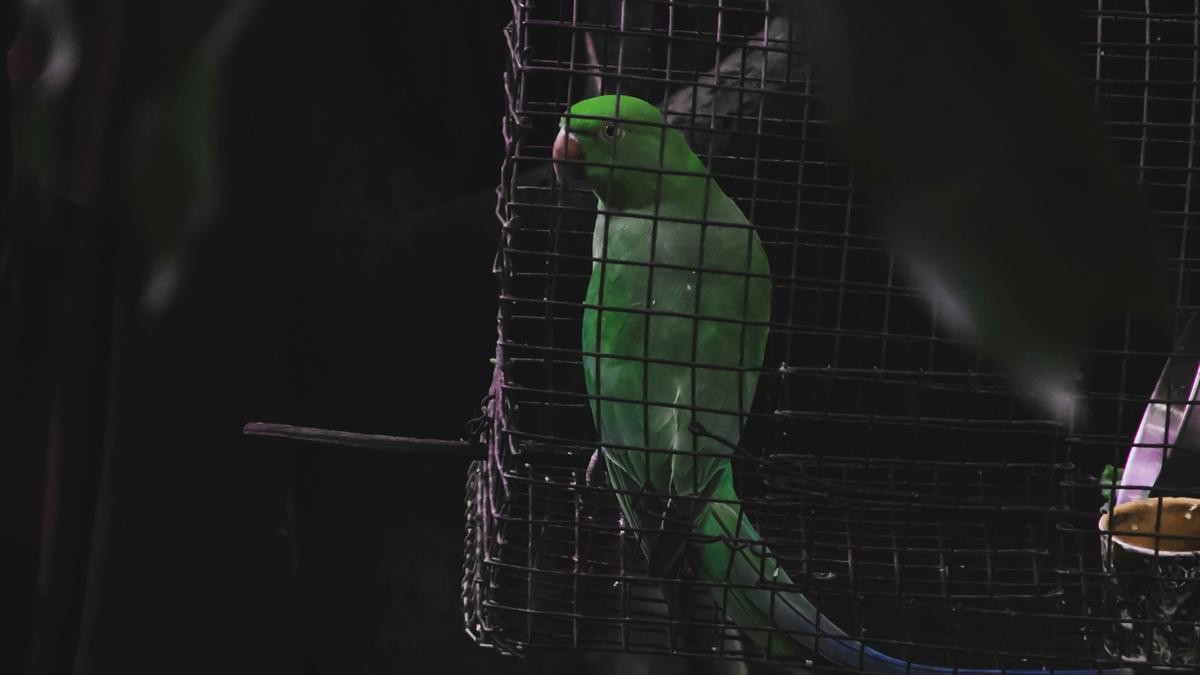Home / Science / Animals Suffer Mental Health Woes Too
Animals Suffer Mental Health Woes Too
18 Nov
Summary
- Similarities exist between human and animal mental health conditions.
- Behavioral changes and body chemistry indicate animal distress.
- Scientists focus on improving environments for animal well-being.

Evidence suggests that animals, like humans, can suffer from mental health conditions. Scientists observe changes in animal behavior, body chemistry, and brain activity to identify signs of distress, drawing parallels to human disorders. This approach helps in understanding and addressing the psychological well-being of various species.
Companion animals can display symptoms such as separation anxiety or depression, often linked to significant life events like bereavement. In zoological settings, primates and elephants may exhibit repetitive stress behaviors like pacing or swaying, and parrots might pluck their own feathers. These actions are commonly associated with long-term stress and frustration in their environments.
Research into animal brains and hormones further supports these parallels, showing elevated stress hormones and altered brain chemical levels similar to stressed humans. While not directly applying human labels, the core understanding is that animals can experience mental suffering, especially in inadequate conditions, advocating for improved living environments and enrichment to enhance their welfare.



